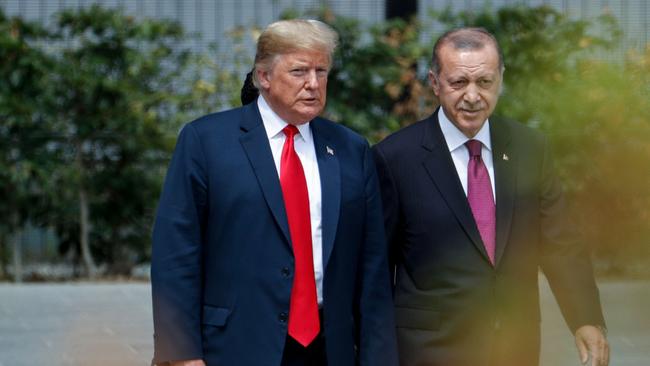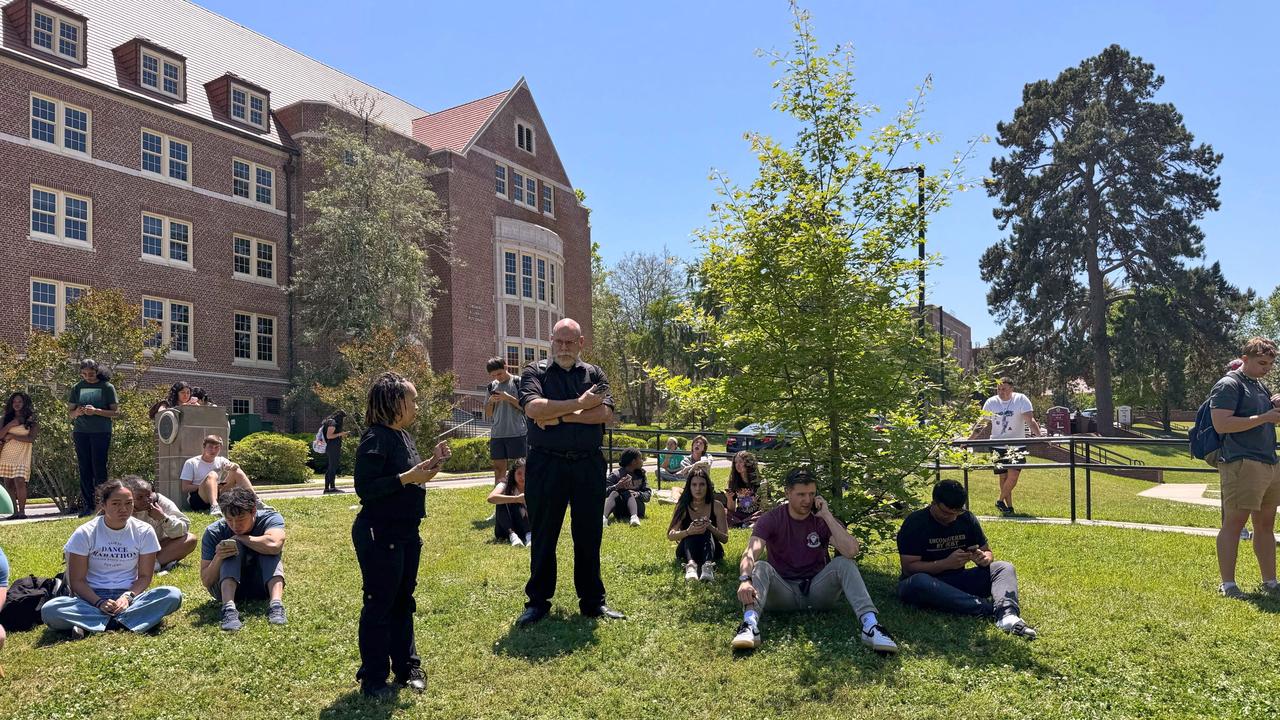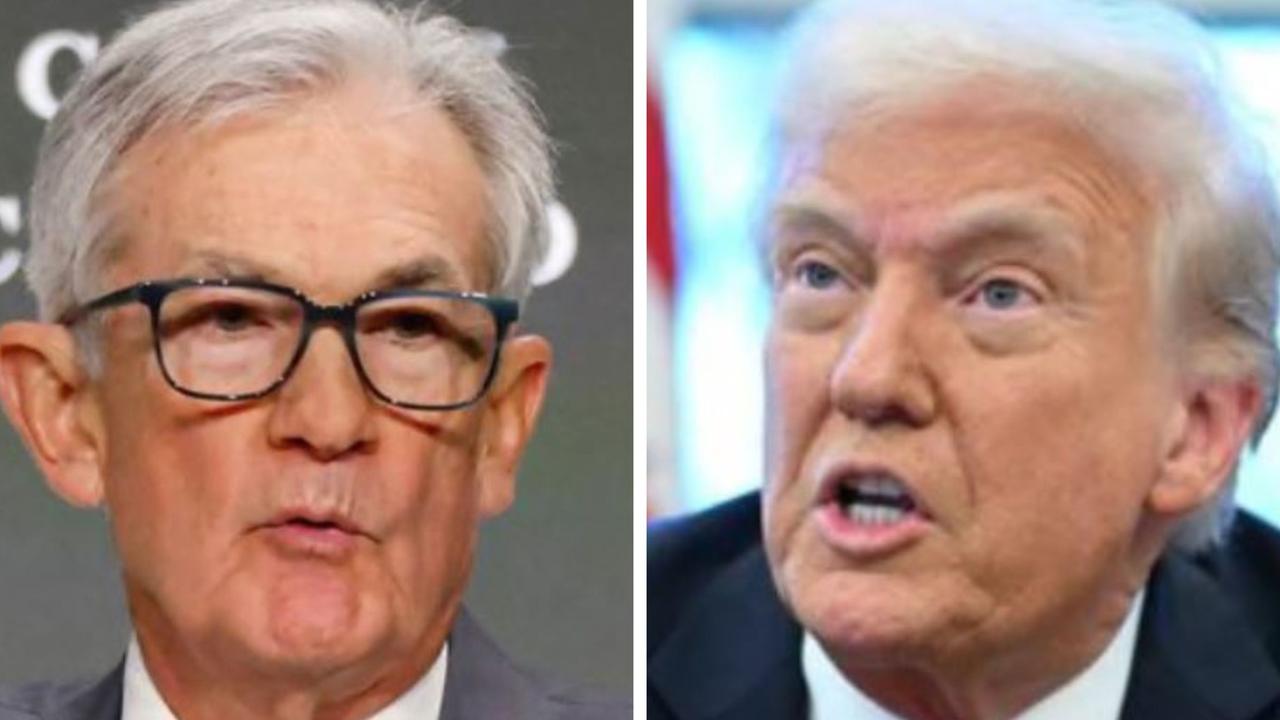Donald Trump’s deal with Recep Tayyip Erdogan bad for US, and worse for Kurds

That’s the risk of Mr Trump’s abrupt decision late on Sunday (Monday AEDT) to abandon northern Syria to Turkey. Washington and Ankara had been negotiating to create a buffer zone to avoid a conflict there, but on Sunday the White House announced that American forces would cede the area to Turkish troops.
Turkish President Recep Tayyip Erdogan is now free to wage war on Syria’s Kurds, who were America’s most important allies against ISIS.
Mr Erdogan says the US-armed Kurdish fighters in Syria, known as the YPG, have ties to the Kurdistan Workers’ Party, a domestic Kurdish insurgency within Turkey.
On that exaggerated claim, he justifies an exercise that could amount to ethnic cleansing. Mr Erdogan last month proposed a “safe zone” extending 30km into Syria from the Turkish border, where he would resettle millions of Syrian refugees. This could require the forcible resettlement, or worse, of Kurds already living in the area.
Mr Erdogan seems to have believed that the US would help in this exercise. But after a phone call with the Turkish strongman, Mr Trump made clear that Turkey was on its own. That also means so are the Kurds, and the US withdrew its troops from two border posts. A Kurdish spokesman tweeted: “We are not expecting the US to protect NE #Syria. But people here are owed an explanation.”
This looks like a betrayal of the YPG, which lost 11,000 soldiers fighting against ISIS. America armed the Kurds in that fight, and they trusted the US when they were asked to dismantle defensive positions near the Turkish border as part of the buffer zone negotiations with Ankara. The Kurds are less likely to aid an insurgency in Turkey if they’re allowed to govern themselves in a safe area in Syria policed by the US and Turkey.
Mr Trump compounded the injury with insult when he tweeted on Monday morning that the “Kurds fought with us, but were paid massive amounts of money and equipment to do so”. For Mr Trump, foreign policy is always a transaction, never a matter of principle.
The Kurds also have taken on the role of jailer of last resort for the thousands of captured ISIS fighters no one else wants to house. It’s not clear who, if anyone, will assume that responsibility now that the US is withdrawing. The White House says Mr Erdogan is now responsible for all ISIS fighters in the region, but he can’t be trusted given his record of using refugees as bargaining chips with western Europe. Released European ISIS recruits could disperse to form cells in the region or find their way back to Europe.
There’s also the practical question of how to transfer control of prison camps from the Kurds to Turkish troops waging war against them.
Under heavy criticism from even friends in congress, Mr Trump tweeted later that he’d “totally destroy and obliterate the Economy of Turkey” if Mr Erdogan did anything “off limits”. Administration sources say this is a warning to Mr Erdogan not to massacre the Kurds or free ISIS prisoners, at the risk of US economic sanctions.
Mr Erdogan also knows Mr Trump badly wants out of the Middle East and might call the American’s bluff.
“It is time for us to get out of these ridiculous Endless Wars,” Mr Trump tweeted.
Mr Erdogan also could choose to slowly strangle the Kurds, figuring that that won’t be enough to trigger Mr Trump’s sanctions on a NATO ally. Washington can at least deny Turkish jet fighters airspace over Kurdish areas, which would raise the costs for Mr Erdogan of a full-scale invasion.
Like Barack Obama, Mr Trump thinks he can wash his hands of Syria at little cost. But the resulting vacuum allowed ISIS to grow, Russia to intervene, and now Iran to establish its proxies on Israel’s border. Within three years, US troops were back on the ground.
Mr Obama left Mr Trump with a bad Syria hand, but the President risks making the same mistake. Economic sanctions won’t deflect White House blame for a Kurdish bloodbath. And if ISIS revives, the US will have to go back in — this time without Kurdish allies on the ground. Mr Trump may want to leave the Middle East, but chaos there will follow him home.
The Wall Street Journal



Donald Trump’s defeat of Islamic State as a territorial power was a major foreign policy success, yet he may now undo it with a retreat from Syria that will also signal to US allies that the White House can’t be trusted.